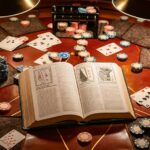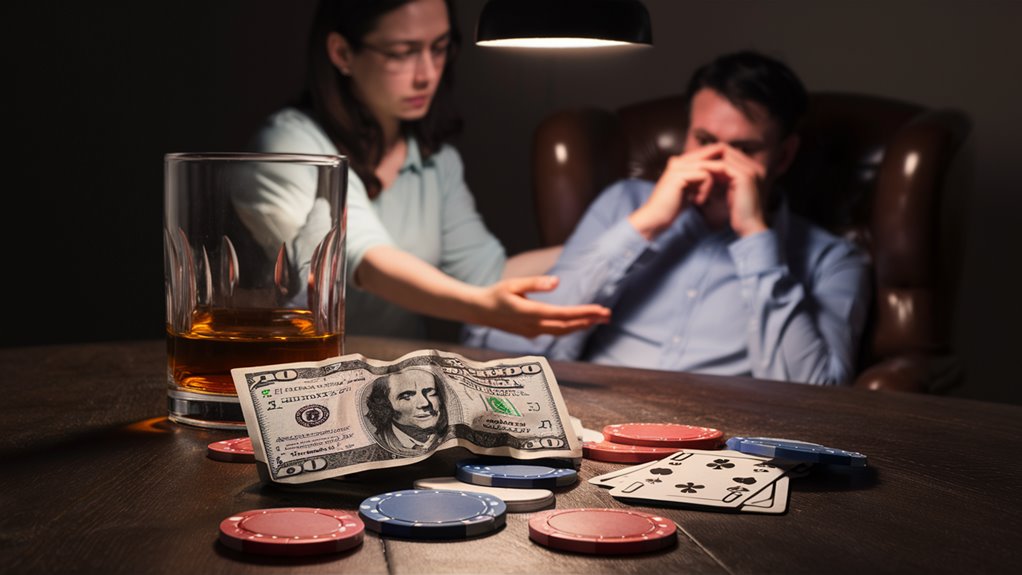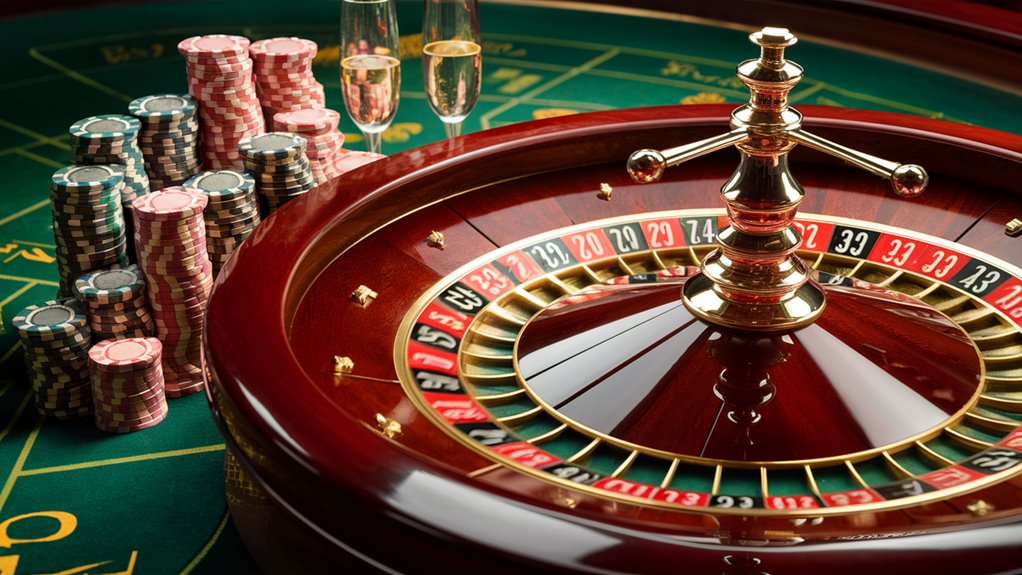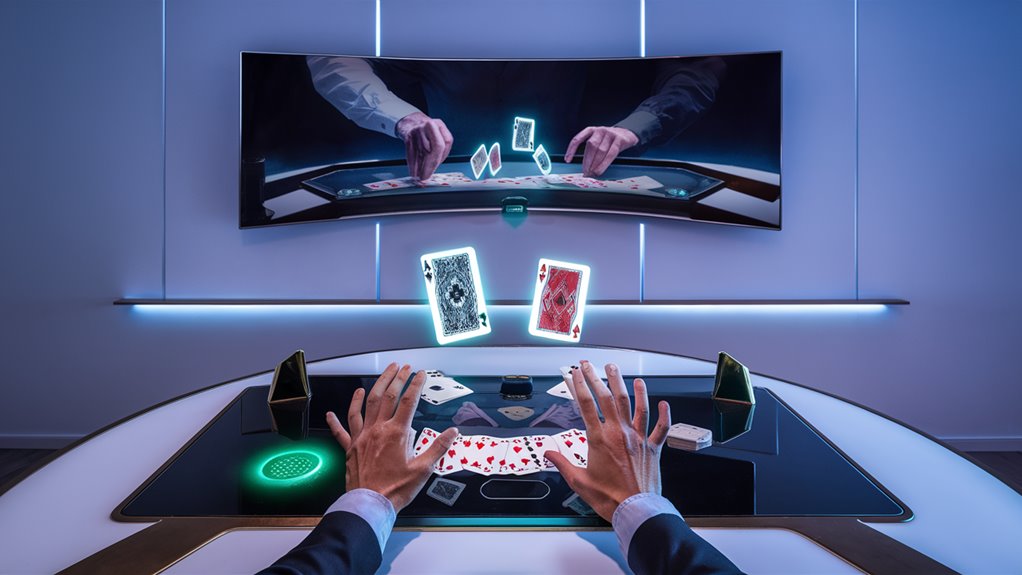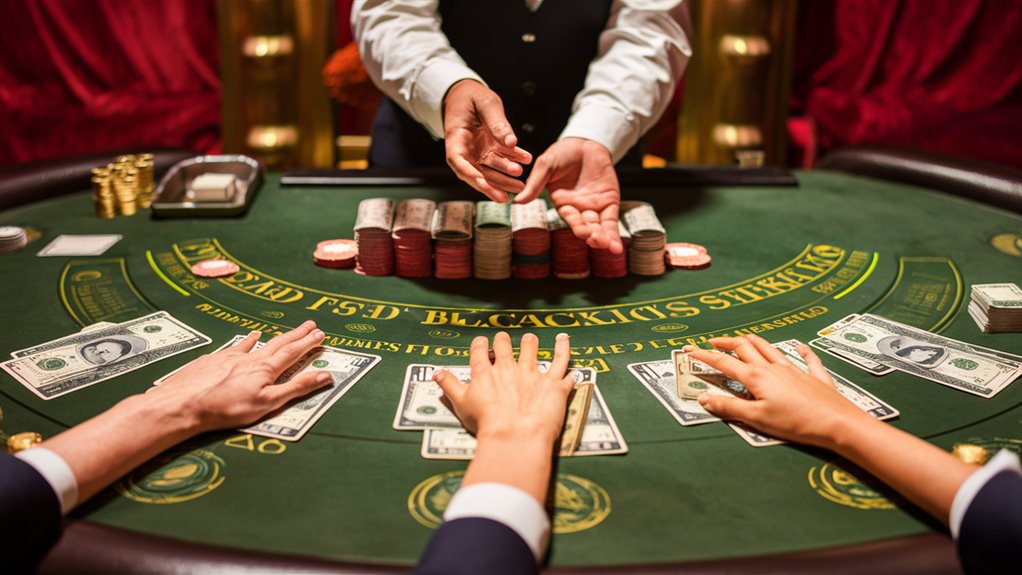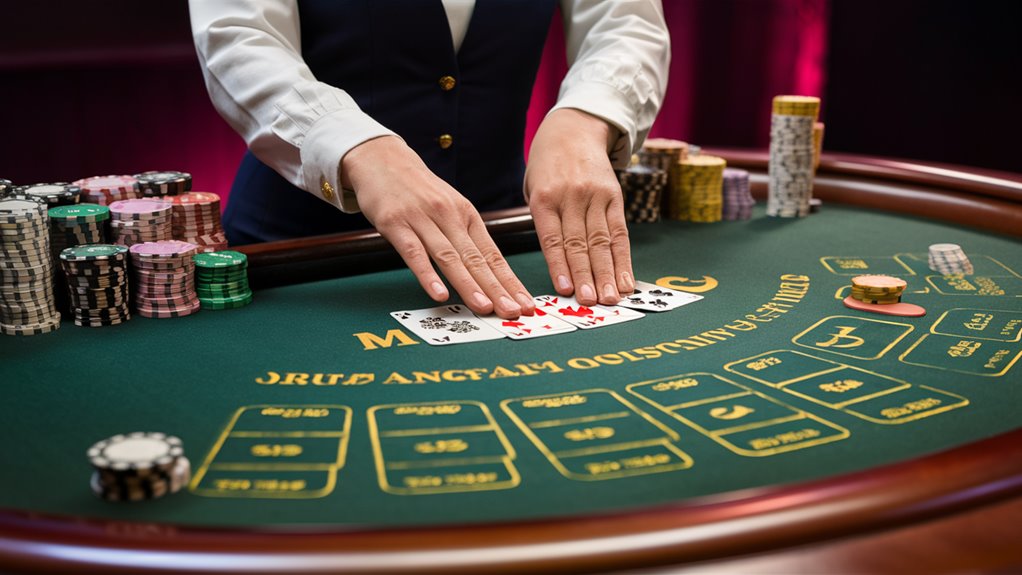Knowing and Fixing Gambling Addiction
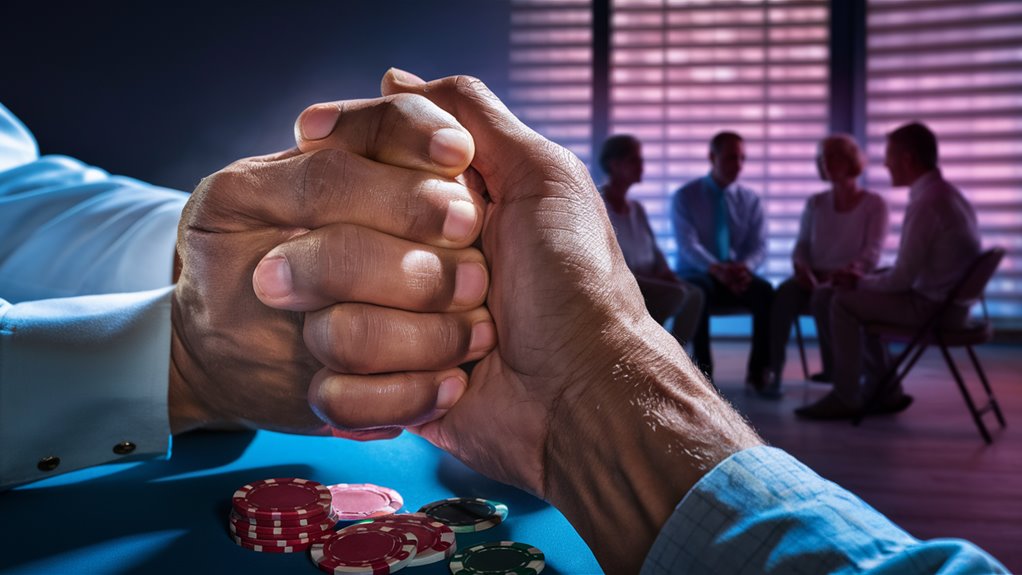
Signs of Gambling Addiction
Gambling addiction shows up through many clear warning signs that need quick help. Problem gamblers often act in ways like raising bet sizes, trying again and again but failing to stop gambling, and lying to keep their actions secret. These actions tend to grow slowly, so seeing them early is key for good help.
The Brain and Gambling Addiction
Compulsive gambling messes up the brain much like drug addiction, hitting dopamine pathways and reward centers hard. When people gamble, their brain lets loose dopamine, making them feel good, which teaches the brain to want to repeat the gambling. This brain change makes gambling addiction hard to beat without professional help.
Treatments That Work
Cognitive Behavioral Therapy 먹튀검증
CBT is a main way to deal with gambling addiction, helping people see and change bad thought patterns and actions. This treatment helps them handle tough situations better and know when they might start gambling.
Help from Support Groups
Gamblers Anonymous and other groups give needed help through other people. These groups provide:
- Regular meetings and being responsible to others
- Hearing from others with the same problem and sharing how to cope
- Long-time help networks
- Tools to stay in recovery
Money and Family Healing
Good recovery needs fixing both mind problems and money issues. Key steps are:
- Setting firm money limits
- Building plans to manage money
- Rebuilding trust with family
- Learning better ways to handle money
Getting Help from Professionals
Working with addiction experts and money advisors makes a full plan for getting better. Professional help sets up:
- Custom treatment plans
- Ways to prevent falling back
- Money fixing programs
- Help for families
Common Signs and Red Flags
Common Gambling Problems Signs
Main Warning Signs
Most can gamble sometimes without issues, yet seeing early signs of gambling problems is key for quick help.
Main warning signs include:
- Always thinking of gambling
- Rising bet sizes to get a thrill
- Not being able to stop or control gambling
Behavior Red Flags
Problem gamblers often show clear behavior patterns that point to addiction:
- Chasing losses by continuing to gamble
- Lying about gambling
- Borrowing money for gambling
- Hurting relationships because of gambling
- Work problems
- Mounting money troubles
Mind Signs
Gambling addiction comes with clear mind signs:
- Feeling restless and irritable when cutting down gambling
- Using gambling to avoid bad feelings
- Always thinking about gambling
- Finding it hard to focus on daily tasks
- Mood swings linked to gambling wins or losses
Professional Help Needed
Seeing many warning signs, especially over time, shows a likely gambling disorder needing quick expert check.
Treatment choices are out there through:
- Licensed addiction experts
- Gambling recovery programs
- Mental health pros
- Support groups
- Money advice services
The Science of Gambling Trouble

# The Science Behind It
Getting the Brain Story
The brain science of gambling addiction shows complex links between brain juice, brain wiring, and what we do.
When gambling, the brain sets off dopamine, crucial for feeling good and reward, making body responses much like those in drug addiction. This mind shift explains the high felt during gambling.
Brain Play and Actions
Repeated gambling messes up brain paths.
The front part of the brain, which controls sudden desires, gets hit hard, while the part that feels feelings works overtime. This unbalance in the brain makes it tough to stop sudden urges while feelings become too intense around gambling stuff.
The Almost Win Effect
One of the big pulls in gambling actions is the almost win thing.
These near wins set off brain juices nearly like real wins, making the gambling action feel rewarding by near hits. The brain sees these close calls as could-be wins, making strong brain paths that keep the gambling habit strong.
This hit and miss reward setup works well to keep gambling going, even when trying to stop.
Key Brain Points:
- Brain juice patterns
- Messed up reward system
- Changes in brain loops
- Cycles of doing the same thing
Home and Love Costs
Home Trouble From Gambling
Big Family Trouble
Problem gambling shakes up family life, hitting hard on spouses, kids, and kin.
The bad force of gambling addiction shows in pulling back in feelings, lying about money, and not caring for home needs. The pushy gambling ways slowly breaks the deep trust in family ties.
Money and Mind Costs
Money Loss
Gambling money losses often break family cash, leading to:
- Lost savings and future money
- Losing homes
- Big debts
- Ruined credit Featherwired Bets: Threading Light Freedoms With High-Voltage Table Tactics
- Going broke
Mind Hurt
Kids of problem gamblers often feel more:
- Sadness
- Nervous troubles
- Behavior issues
- Hard time with trust later
- Deep hurt
Healing Family and Bouncing Back
Family fix programs must tackle both the gambling issue and family pain together. Key parts are:
- Clear money rules
- Family talks often
- Strong family limits
- Going to support groups like Gam-Anon
- Building way to handle tough situations better
Getting better needs all in the family to work on building trust again, talking openly, and making solid money plans.


